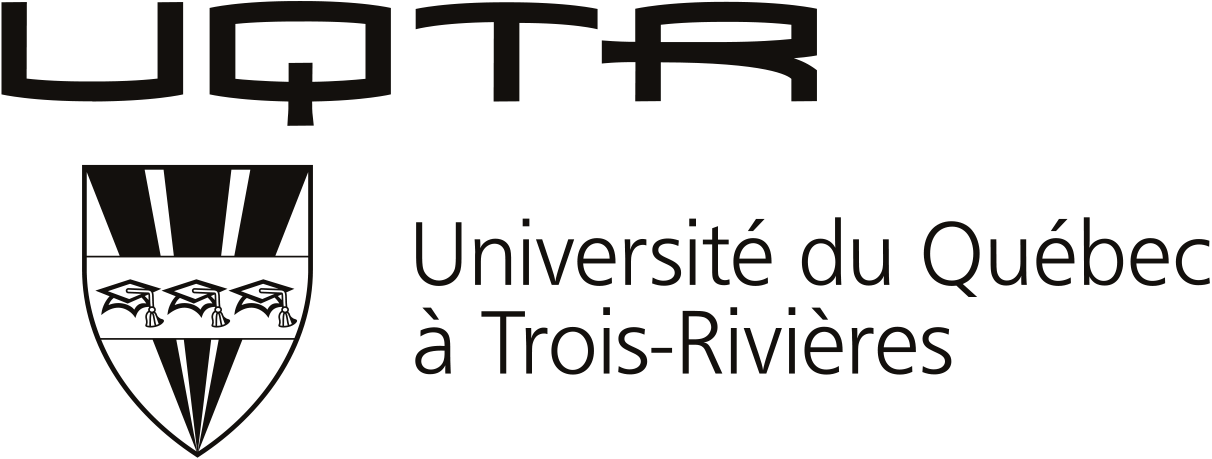Entrainer la cognition sociale auprès d’enfants présentant une déficience intellectuelle
Social cognition training in children with intellectual disability
Mots-clés :
Cognition sociale, Entrainement, Déficience intellectuelle, Préscolaire, Résolution de problèmes sociaux, Théorie de l'esprit, Social Cognition, Intellectuel Disability, Preschool, Social Problem Solving, Theory of MindRésumé
Cette étude investigue la possibilité de modifier les compétences socio-émotionnelles d’enfants présentant une déficience intellectuelle (DI) grâce à un entrainement de la Théorie de l’esprit (ToM) ou du Traitement de l’information sociale (TIS). Dix-huit enfants présentant une DI sont répartis aléatoirement dans le groupe contrôle ou dans un des deux groupes expérimentaux, entrainant grâce à une séance, soit la ToM, soit le TIS. Avant et après ceux-ci, une évaluation de l’âge développemental, des compétences en compréhension des états mentaux, en résolution de problèmes sociaux, en adaptation sociale et en régulation émotionnelle des enfants est réalisée. La comparaison entre les trois groupes montre que certaines performances en ToM ou en TIS peuvent être améliorées.
Abstract
This study evaluates the possibility to modify the socio-emotional competences of children with intellectual disability (ID), thanks to training in Theory of Mind (ToM) or in Social Information Processing (SIP). Eighteen children with ID are assigned randomly in the control group or in one of the two experimental groups, trained either in ToM, or in SIP. Before and after this training, an evaluation of the developmental age and of children’s abilities in ToM, in social problem-solving, in social adjustment and in emotional regulation is realized. The comparison of the three groups shows that some competences in ToM or in SIP could be improved.


